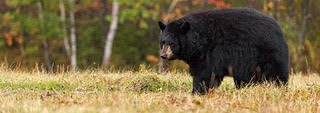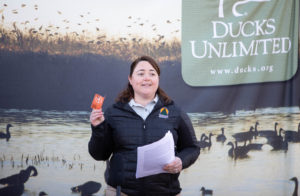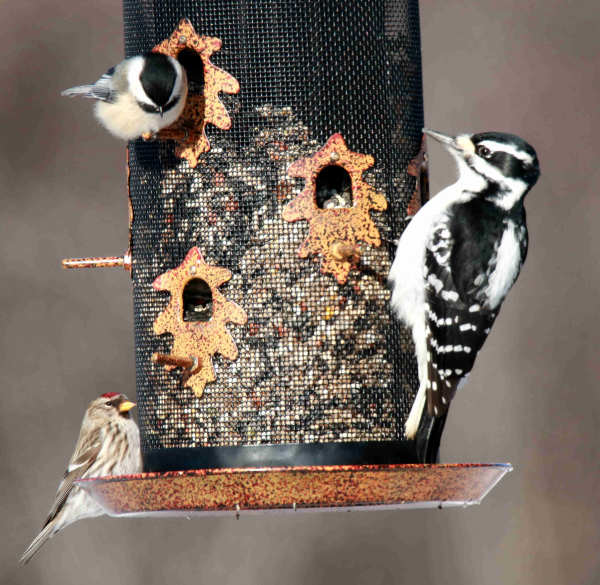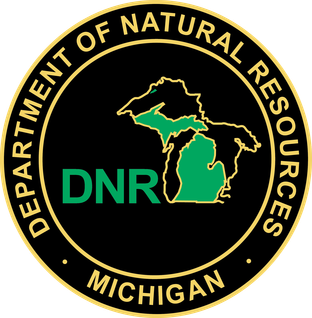MUCC Opposes Deer Feeding/Baiting Bill
Thursday, December 3, 2009
Re: House Bill 5380 – Deer Feeding Ban Extension
Dear State Representative,
Before you vote on the House Bill 5380 (H-4) as passed today from the House Committee on Tourism, Natural Resources, and Outdoor Recreation, I hope you’ll take into consideration MUCC’s position on the bill as presented in committee by MUCC Resource Policy Manager Amy Spray. It should also be noted that a vote was taken on the H-4 substitute before the Committee heard most testimony (including MUCC’s) citing significant reasons why the H-3 should pass over the H-4 substitute.
MUCC does not support the H-4 substitute, but fully supports the H-3 version of HB 5380 as originally introduced by Rep. Lahti.
We believe the original intent of this bill as introduced by Rep. Lahti is to give the Natural Resources Commission full authority to regulate the feeding of deer and elk according to sound-scientific principles. MUCC fully supports extending the sunset, or even eliminating it all together, so that our resources could be managed in an effective and transparent manner, with input from biologists. However, we do not support the H-4 substitute for the reasons below.
Deer hunting alone is a half-billion dollar industry in this state and an outdoor tradition enjoyed by more than 700,000 residents. Because deer are an integral part of Michigan’s ecosystem and economy, the conveyance of disease among deer, other wildlife, and humans should not be taken lightly. Just like baiting, deer and elk feeding congregates animals in a manner that increases the risk of spreading diseases. MUCC’s voting delegation confirmed their support for a ban to all baiting and feeding in the Lower Peninsula back in 2003, and reaffirmed it again in 2007 statewide. I have attached these resolutions.
The H-4 substitute would limit a feeding ban to only a county and the surrounding counties where an infected animal is found does not address the issue that was at the crux of the 2008 ban: captive cervids. A peninsula-wide ban was necessary because captive cervids, unlike wild cervids, have a (human-assisted) range of hundreds and even thousands of miles because of the breeding, selling, and exchanges that happens among the cervid farms, breeding facilities, and private hunting ranches. We know now that of the 460 captive cervid operations remaining in Michigan, more than 200 are not in compliance with their disease testing or fencing regulations. If there is a disease issue and an incidental (or intentional) release among one of these 200+ farms, our entire wild deer herd statewide is still at risk.
In addition, limiting a feeding ban to up to 18 months also flies in the face of science. Biologists know that there is a scientifically significant number of wild deer that must be tested in order to validate that there is no detectable trace of disease among the population. Hunting is the primary means for harvesting deer to test, and 18 months may only span one hunting season. This is a snapshot in time and is not enough time to effectively collect and analyze the number of samples necessary to determine there is not a disease concern.
Finally, the H-4 substitute limits the NRC’s ability to regulate feeding in response to an animal infected by only two diseases: CWD and TB. There are numerous wildlife diseases that can infect cervid species and possibly ones Michigan has not even encountered yet. There is no provision to deal with outbreaks of anything else.
Once again, Michigan United Conservation Clubs opposes the H-4 version of HB 5380, but supports Rep. Lahti’s original (H-3) version.
The 40,000 sportsmen and women of Michigan United Conservation Clubs believe that effective, transparent, science-based natural resource management is paramount to the collective conservation and recreational opportunities our organization supports for the benefit of future generations.
Thank you for your time and consideration of MUCC’s concerns before taking a vote on HB 5380.
Sincerely,
Dave Nyberg
MUCC Government Relations Manager






